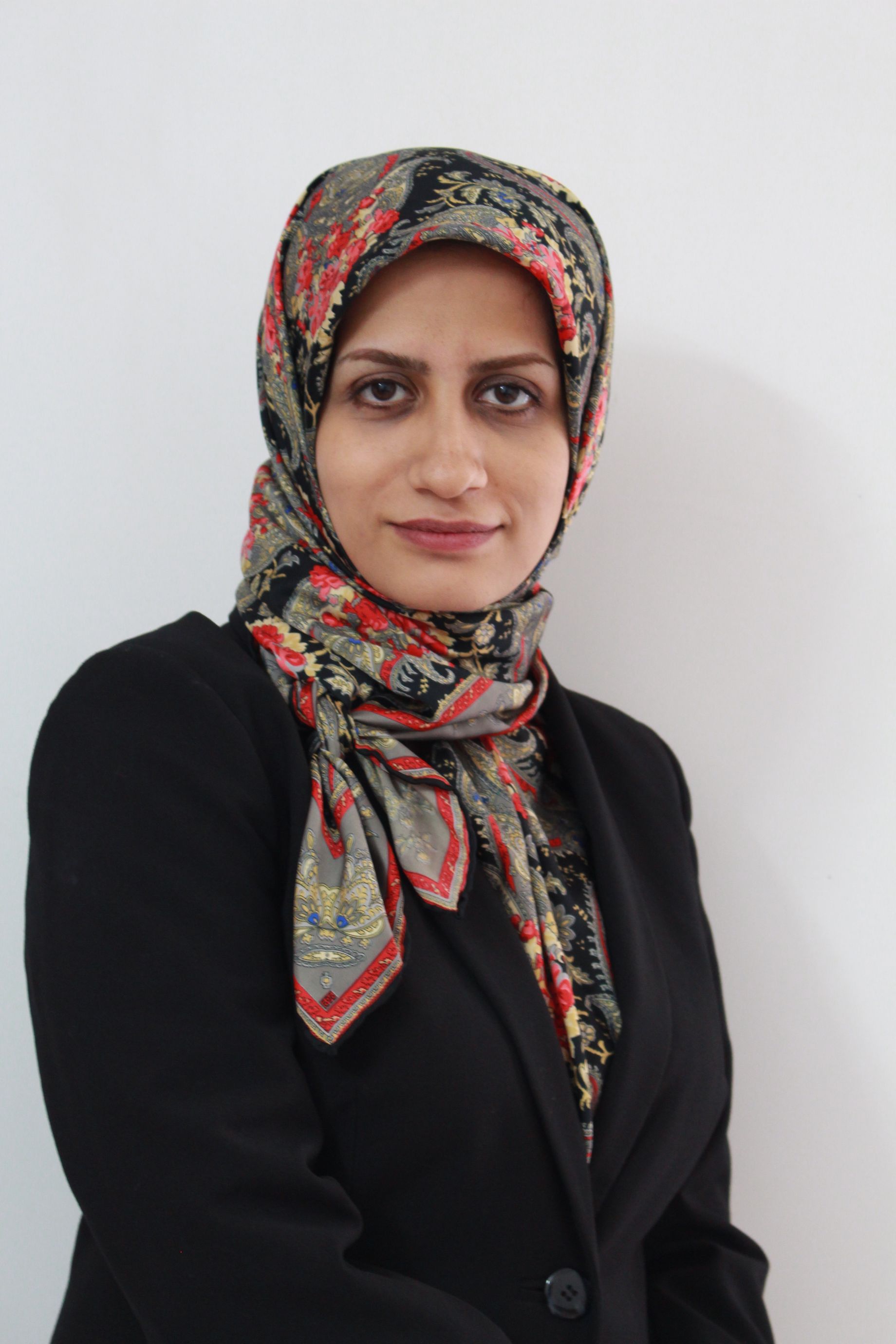A Cultural History of the Body in the Work of Modern Iranian Intellectuals 1960–1980
This research rests on the assumption that (1) the conceptions of the body have changed over time, (2) these conceptions affect the cultivation of the body. Islamic Reform of the mid-nineteenth century was a turning point in the formation of the discursive body in many Islamic countries. The effect of this turning point can be witnessed in the work of Iranian intellectuals, just before the Iranian Revolution of 1979. In this research, Tofighi will explore the predominance of medical jargon in modern religious literature, especially as it relates to gender issues. She will work on the conceptions of the body — what are the male and female ideal bodies and sexualities, the control of both male and female promiscuity through medical and religious license (or lack thereof), an understanding of female body as a sealed (and hence veiled) container, the shame and honor of the body, and so on. She will also study how these conceptions of the body are related to larger economic and political issues — the relation between the body and socio-economic class, the meaning of freedom (as encompassing both physical and socio-political issues), the anxiety of protecting the body against male (and imperialist or colonialist) violation, and the explanation of the role of the body in family economics (the strong breadwinning man versus the delicate and sexually available woman). While these ideas can be investigated on different levels, from expert religious books to lay religious literature and pop culture, this research is confined to the work of modern Iranian religious intellectuals from 1960-1980 — Morteza Motahhari, Ali Shariati, Mahdi Bazargan, and the authors of Maktab-e Islam monthly.

